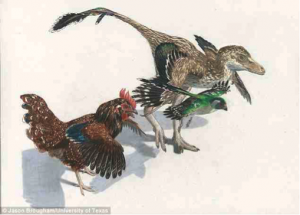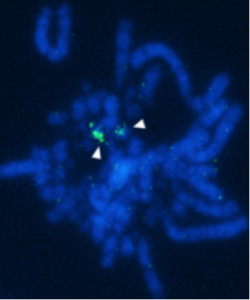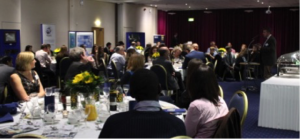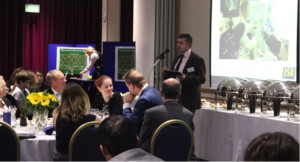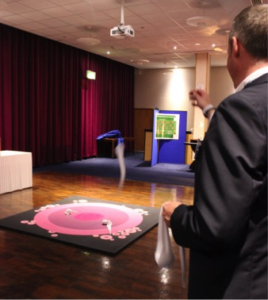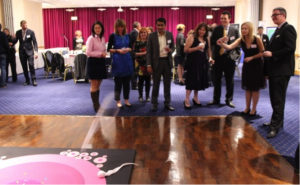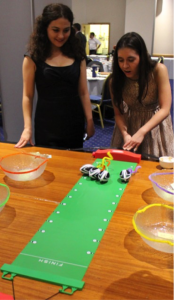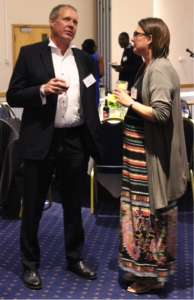Kent | Ghent Bioethics Collaborative Initiative 24-26 February 2015
Kent Law School | Bioethics Institute Ghent | Centre for Interdisciplinary Studies of Reproduction (CISoR) University of Kent
Tuesday 24.02.15
VESSEL: Film Viewing and Discussion
Eliot Lecture Theatre ELT2 18.00 – 20.00
Co-hosts: CISoR, KCLGS & CeCIL
Moderator: Sally Sheldon
VESSEL begins with a young doctor who lived by the sea, and an unlikely idea. Rebecca Gomperts, horrified by the realities created by anti-abortion law around the world, felt compelled to challenge this. Her method: to provide abortions on a ship in offshore waters.
We witness the creation of an underground network of emboldened, informed activists, working at the cutting edge of global reproductive rights, who trust women to handle abortion themselves. VESSEL is Rebecca’s story: one of a woman who heard and answered a calling, and transformed a wildly improbable idea into a global movement.
Wednesday 25.02.15
Confronting Science, Law & Bioethics: Areas of Current Research I
Keynes KLT5
| 13.30 |
Pamela White Introduction: Kent|Ghent |
| 13.40 |
Ellie Lee ‘After the “need for…a father”: “The welfare of the child” and “supportive parenting” in UK assisted conception clinics’ |
| 14.10 |
Guido Pennings ‘The welfare of the child after social freezing of oocytes’ |
| 14.40 |
Sally Sheldon ‘The regulatory cliff edge between contraception and abortion: The legal and moral significance of implantation’ |
| 15.10 |
Health Break |
| 15.40 |
Veerle Provoost ‘What constitutes parenthood according to (aspiring) parents, knowing that one partner will not be/is not genetically related to their child?’ |
| 16.10 |
Robbie Sutton ‘The precious vessel hypothesis: ubiquity & implications of “benevolent sexism” for interventions on conception, pregnancy and childbirth’ |
| 16.40 |
Pamela White ‘Hidden data/hidden activities: What Canada’s ART Registry (CARTR) reveals about gestational carriers’ |
| 17.10 |
Darren Griffin ‘25 years of PGD’ |
| 17:40 |
CISoR Light Refreshments |
| 18:30 |
Close |
Thursday 26.02.15
Confronting Science, Law and Bioethics: Areas of Current Research II
Keynes KLT5
| 10.30 |
Book Panel Kirsty Horsey: Revisiting the Regulation of Human Fertilisation and EmbryologyKirsty Horsey, Antony Blackburn-Starza, Katia Neofytou, Karen Devine, Pamela White |
Working Lunch
Brian Simpson Room KLS Eliot Extension
| 12.00 |
Robin Mackenzie, Veerle Provoost, PG/LLM student representativesCollaborative opportunities for KLS | Ghent |CISoR
· Student Research/Research areas of interest
· Research funding opportunities, joint ventures
· Student/teaching joint collaborations
· Planning for Kent/Ghent visit in April, 2015
· Focus on Death and Dying, Genetic Testing…
· Summary and Conclusion |
| 14:00 |
Close |
